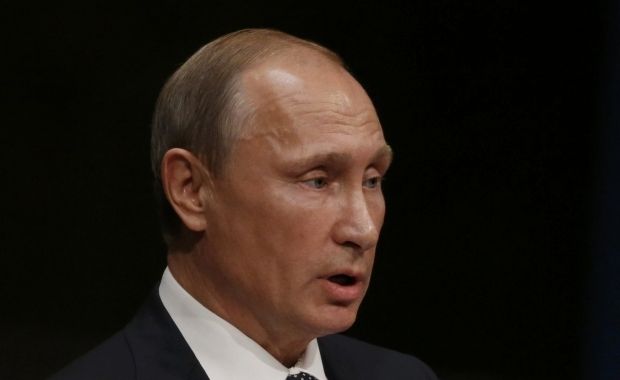
“Those conflicts have been described as ‘a string of nasty small wars [that] have been settled not through peace deals but simply by freezing each side’s positions.’ Neither side can win a decisive victory. And so the nasty little war eventually freezes into long-term suspended animation: The dispute remains but fighting ceases,” reads the article titled “Here’s why Putin wants to topple Ukraine’s government, not to engineer a “frozen conflict,” written by Robert Person, assistant professor of international relations and comparative politics at the U.S. Military Academy at West Point.
However, the author claims that the conflict “will keep burning, despite formal cease-fire agreements” as freezing it does not benefit Russia.
Despite some experts arguing that “Putin wants a frozen conflict. It costs less and threatens more,” the author believes that “Putin’s goal has been to destabilize and topple the pro-Western government that took over Ukraine” since ousted ex-president Viktor Yanukovych fled the country to Russia. Russia will not “allow equilibrium in Ukraine until Petro Poroshenko’s government leaves power and is replaced by one that keeps Ukraine firmly in Moscow’s orbit.”
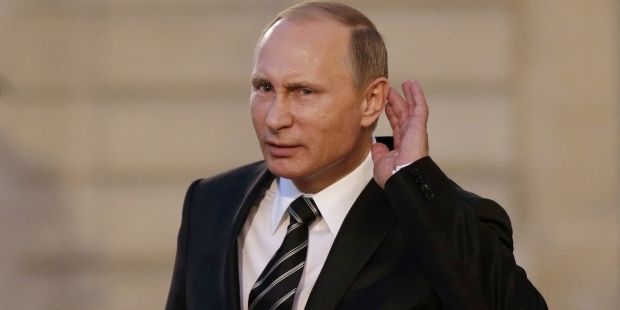
Since electoral protests in Russia in 2011-2012 Putin recognized he could no longer count on the passive consent of the Russian masses as he could picture mass resistance to his rule, remembering the examples of the Orange revolution in Ukraine and the Rose revolution in Georgia, when vocal minorities could swiftly become powerful.
Therefore, by using the opportunity to seize Crimea, by destabilizing the new Ukrainian government, the Kremlin tried to make clear to the Russian public “the undesirability and high costs of mass upheavals,” reads the article.
Some experts say Putin saw losing Ukraine to the West a disastrous external security threat, especially if Ukraine were offered NATO membership someday.
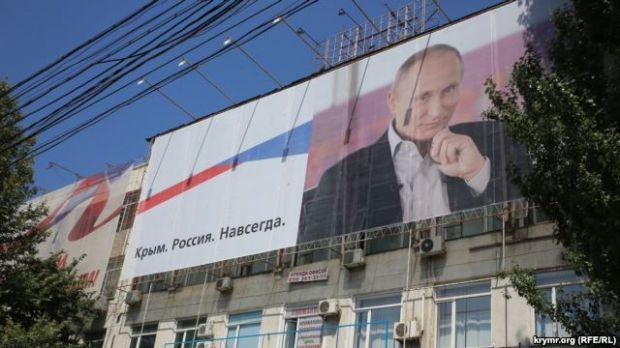
Combined military, diplomatic, economic and political pressure on the pro-Western Ukrainian government was supposed to spark an elite or mass-led backlash against the new authorities — and thereby bring down the Ukrainian government without a massive Russian invasion.
However, it didn’t work. “Russia has failed to achieve its key strategic objective in Ukraine. It has not replaced the post-Maidan government with one willing to grant Russia significant influence in Ukrainian policymaking. And a “frozen conflict” won’t help,” Person writes.
The implication that Ukraine has lost control over the militant-held territories may actually help Kyiv, as the breakaway regions “are walled off from national politics. They’re quarantined, unable to influence and destabilize the government directly.”
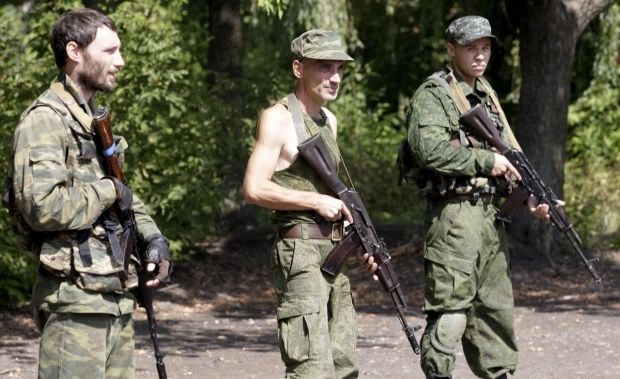
“A truly frozen conflict would actually increase the Ukrainian government’s chances of survival, despite the tremendous territorial cost,” reads the article.
At the same time, Russia cannot risk a full-scale hot war in Ukraine, according to Person, as “Western sanctions, combined with low oil prices and Russia’s economic troubles, may be restraining Russia.”
More sanctions and further isolation from international financial networks can be devastating for Moscow, because foreign capital is crucial for Russia’s economic recovery.
“In short, reigniting a hot war in Ukraine would be extremely costly for Russia, both directly, through the cost of waging war, and indirectly, through additional sanctions,” Person writes.
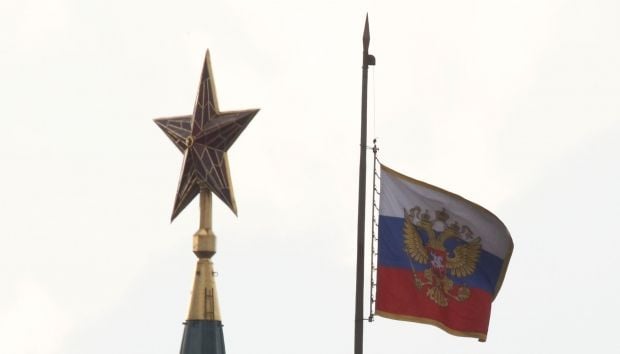
The author believes the conflict will simmer. In the future, it “will probably look much like the summer of 2015: ongoing low-level conflict with casualties on both sides, but no major offensive that could tip the balance. Unable to return the situation to what it was before, the Ukrainian government is unlikely to risk losing its next-best alternative, a stable frozen conflict. And Russia won’t be likely to risk a military offensive.”
In order to distract Kyiv from domestic concerns, the Kremlin requires fighting that’s just hot enough to keep the conflict simmering, “but not so hot that war boils over.”
Putin is unlikely to be satisfied until a pliable pro-Russian government takes over power in Kyiv, according to Person. Until then, the Kremlin will do anything to to throw Kyiv off balance.
Robert Person is an assistant professor of international relations and comparative politics at the U.S. Military Academy at West Point. He specializes in the foreign and domestic politics of Russia and the post-Soviet states.

